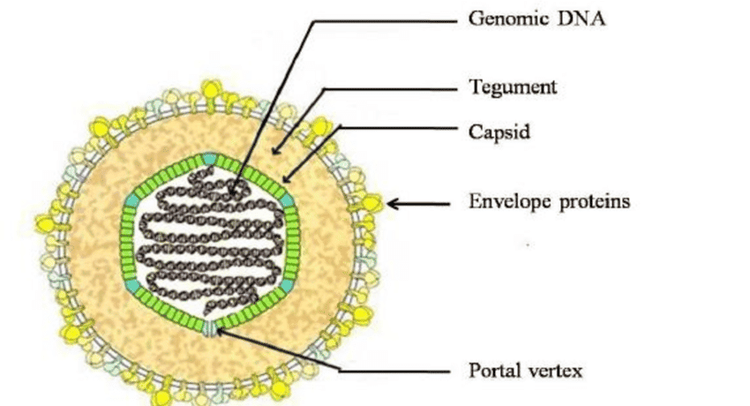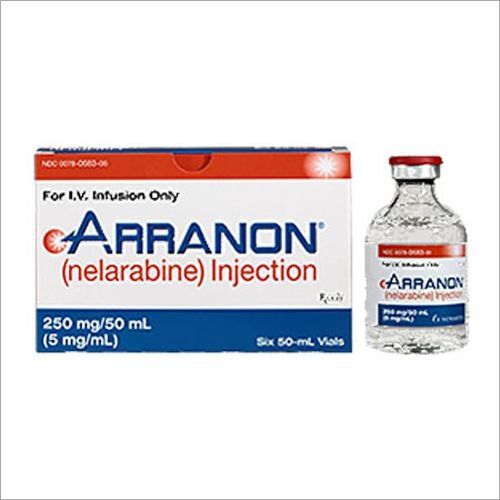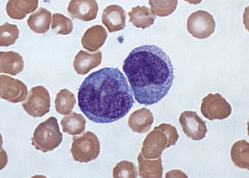This is an automatically translated article.
EBV virus (Epstein-Barr virus) is the main cause of many dangerous diseases, the most common of which is mononucleosis (Mono). Diagnosis and treatment of the disease face many difficulties because the disease is transmitted directly from person to person through contact and the signs are similar to many other diseases.
1. EBV . Virus Overview
The EBV virus is found in saliva. Therefore, the disease can be spread through contact such as kissing, talking at close distance, drinking from the same glass of water or using the same toothbrush with an infected person. The virus can also be found in blood and semen, so it can also be transmitted through sex, blood transfusion and organ transplantation. EBV virus is not completely cured, but has periods of flare and remission.Symptoms following EBV infection usually appear 4-6 weeks after exposure. Symptoms are usually mild, especially in young children (like a cold or flu), and are more pronounced in adolescents with some notable symptoms such as fatigue, fever, decreased appetite, and rash, sore throat, swollen lymph nodes in the neck, muscle weakness and pain.
2. Diagnosis of EBV . virus infection
EBV virus is the main cause of mononucleosis (Mono). The disease is often difficult to recognize because it has many characteristics similar to many other diseases such as flu, cold with signs of fever, fatigue and sore throat.
When the above symptoms appear, the patient needs to see a doctor for an examination. Your doctor can look for signs that you have mononucleosis, such as an enlarged spleen, an enlarged liver, and white patches on your tonsils.
You may also need a blood test. The test looks for antibodies - substances that the immune system produces in response to the EBV virus. Another test looks for a type of EBV infection-fighting white blood cell in the blood.

Virus EBV
3. Treatment of EBV . virus
Like other viruses, Epstein-Barr Virus cannot be treated with antibiotics, which means that antibiotics are not effective in treating mononucleosis (Mono) instead the disease regresses on its own within a few days. weeks without treatment.3.1 Home treatment While there is no cure with medication, you can take steps to ease symptoms at home, including:
Get plenty of rest Drink plenty of water and other beverages to stay hydrated Take water lozenges or popsicles, or gargle with warm salt water, to relieve a sore throat Take pain relievers such as acetaminophen or ibuprofen to reduce fever and pain. (Aspirin should not be given to children under 19 because of the risk of Reye's syndrome.) As your body recovers, you can return to normal work and school. For the first month after recovering from the disease, you should avoid sports, lifting heavy objects or other vigorous activities that can damage the spleen.
3.2 See a doctor Mononucleosis can cause a number of complications, so see your doctor if you have the following symptoms:
A sharp, sudden pain in the left side of your abdomen, which could be Spleen abnormalities Very little urine showing signs of dehydration Difficulty breathing and/or swallowing You should also see your doctor if symptoms do not go away after 4-6 weeks. Because you may have an infection other than mononucleosis.

Người bệnh nên đi khám bác sĩ khi các triệu trứng kéo dài hơn 5 tuần
4. Prevention of EBV . virus
To date, researchers have not found a vaccine against the EBV virus. The best way to prevent the disease is to avoid contact with people who are sick.
To limit the risk of disease, you should not share any items, including eyeglasses, silverware, toothbrushes. You also avoid kissing or having sex with an infected person.
5. Other diseases caused by EBV
EBV is the main cause of mononucleosis. However, the virus also causes a number of other illnesses, including:
Ear infections and diarrhea in children Guillain Barre syndrome Some cancers, including Burkitt's lymphoma and cancer in children nose and throat. Some studies have also shown a link between EBV and multiple sclerosis (MS), but more research is needed to confirm it.
To register for examination and treatment at Vinmec International General Hospital, you can contact Vinmec Health System nationwide, or register online HERE.
References: Cdc.gov; Webmd
MORE:
What disease does the EBV virus cause? What is Leukemia? What is Chronic Lymphocytic Leukemia?













